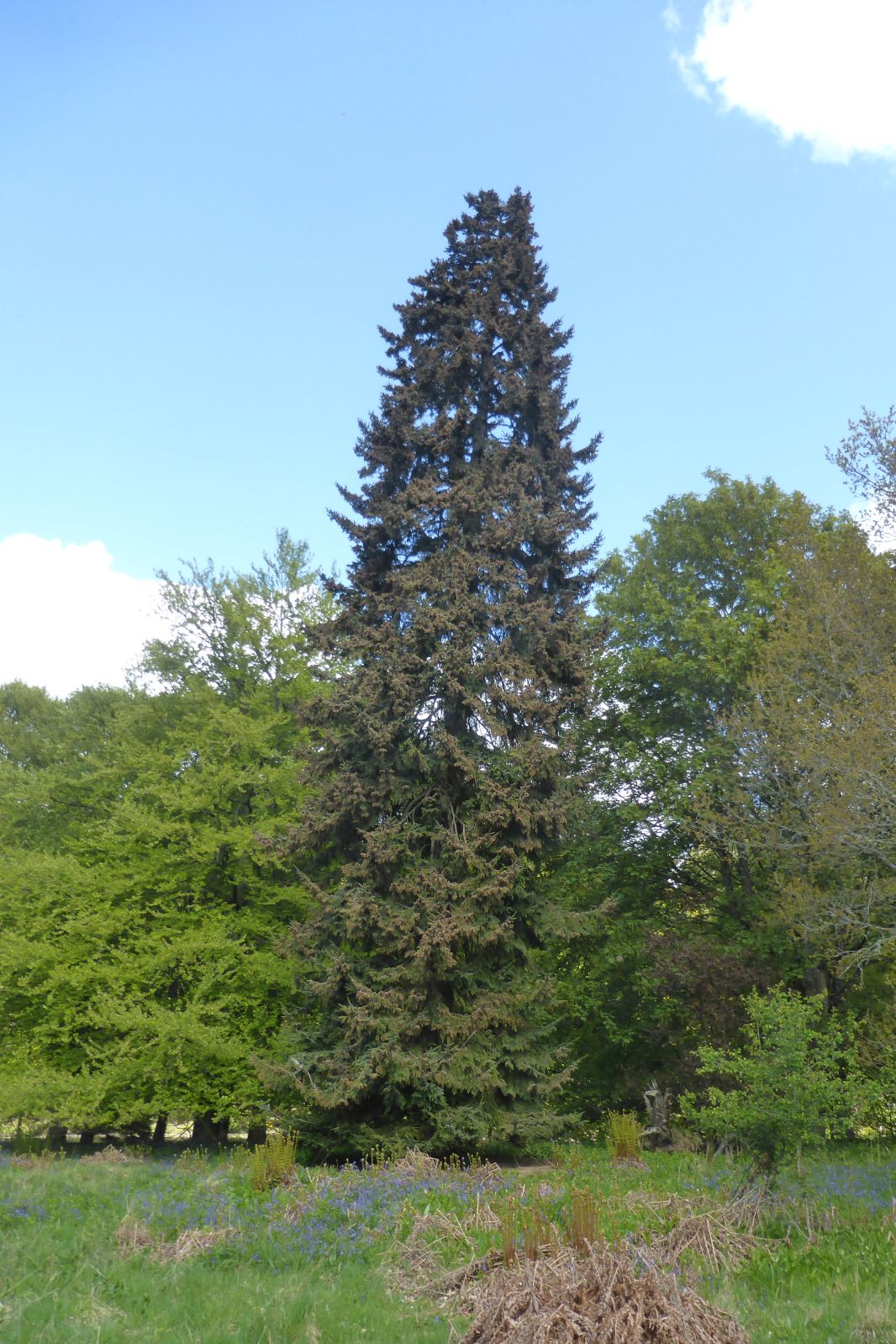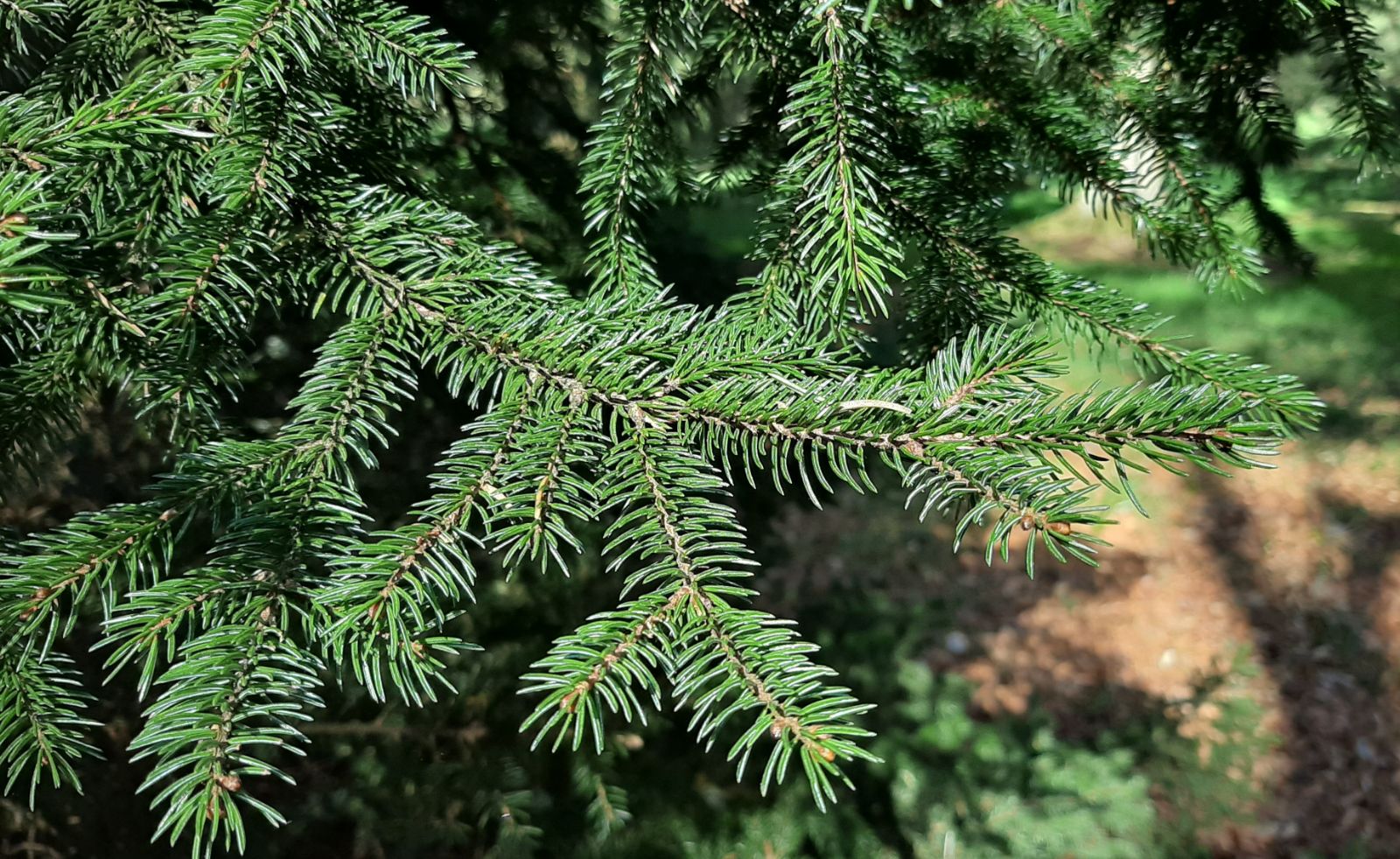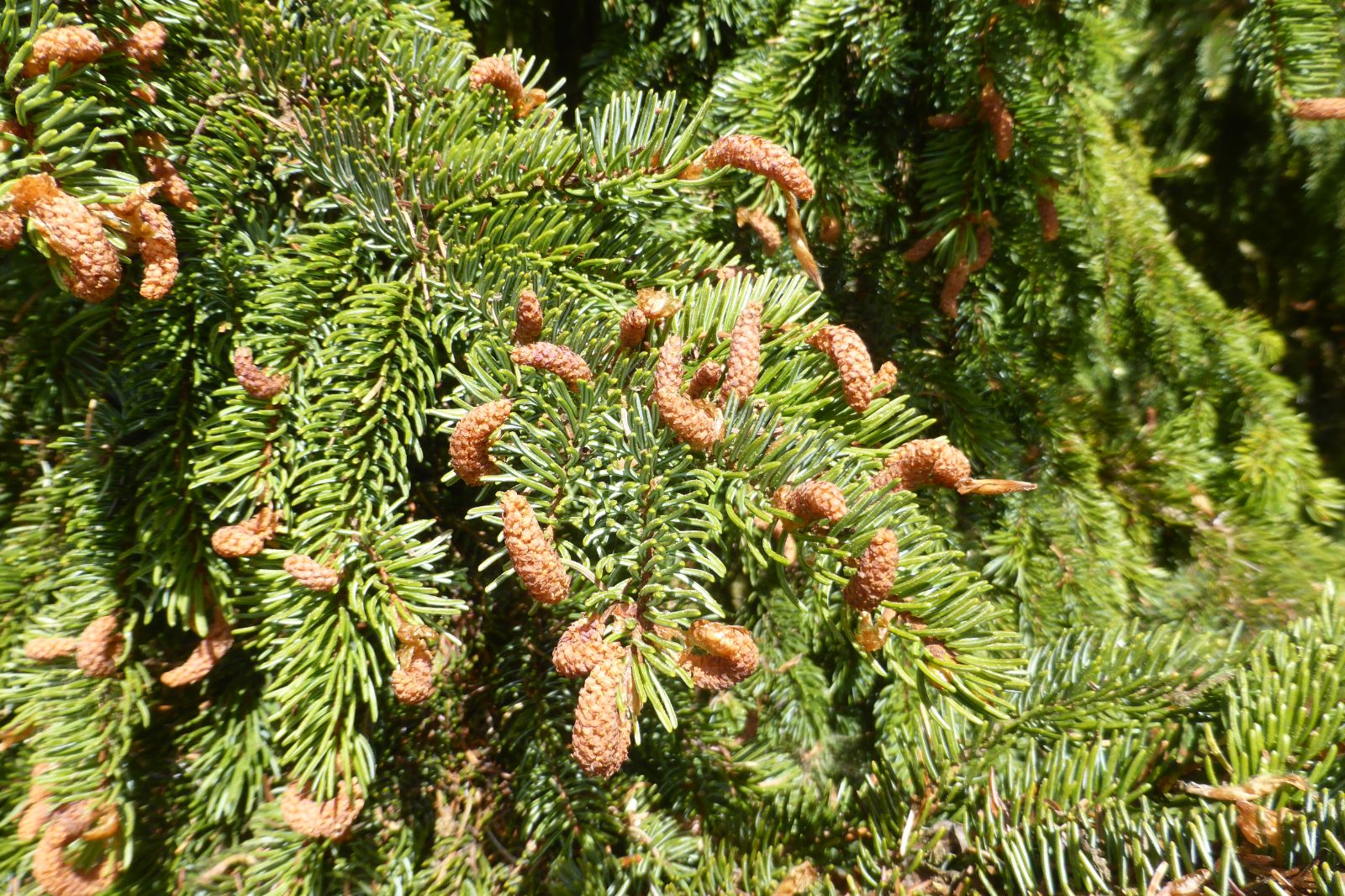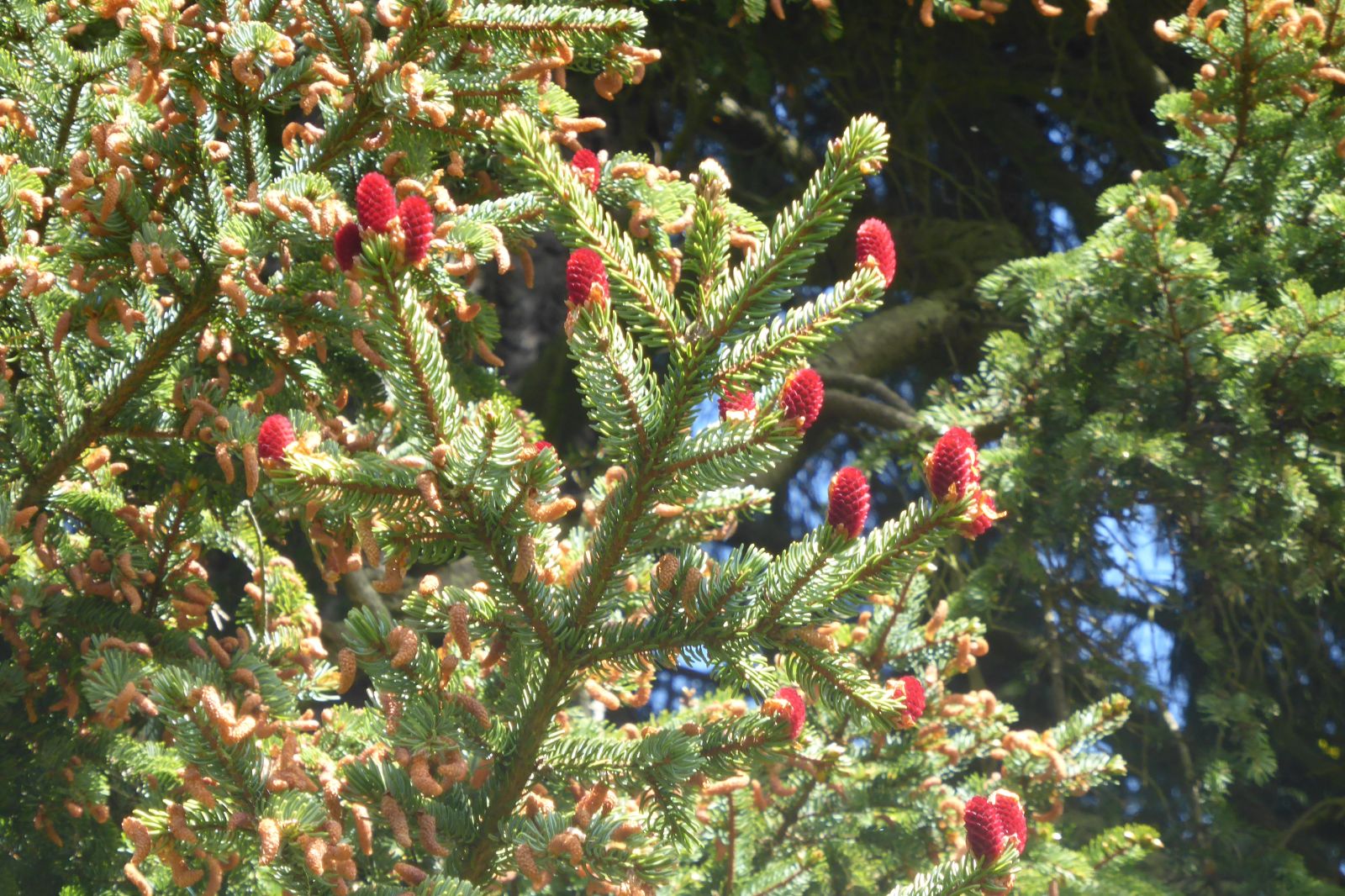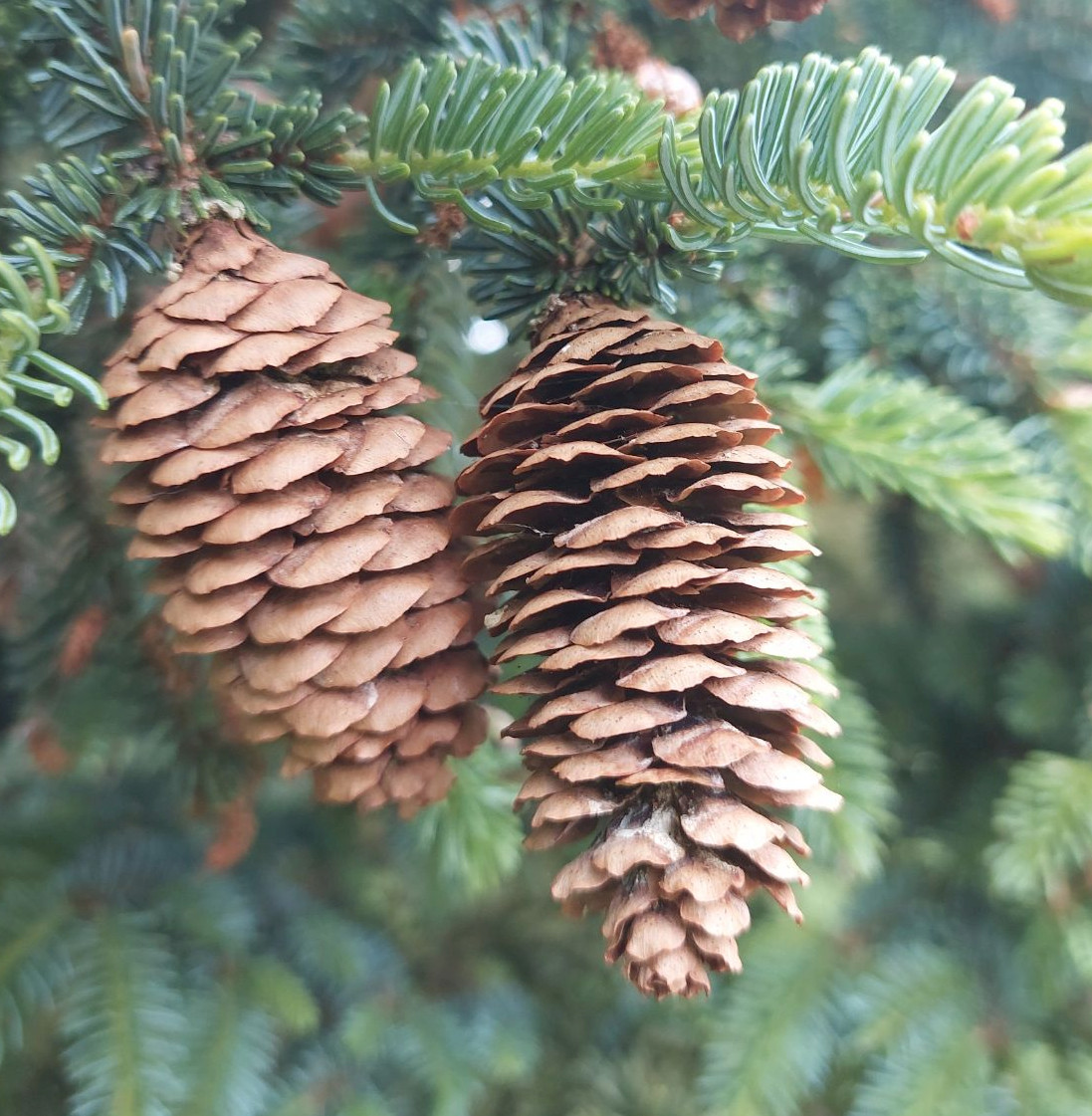Picea glehnii
Sponsor
Kindly sponsored by
This genus has been sponsored and new text is being prepared.
Credits
Article from Bean's Trees and Shrubs Hardy in the British Isles
Recommended citation
'Picea glehnii' from the website Trees and Shrubs Online (treesandshrubsonline.
Genus
Synonyms
- Abies glehnii F. Schmidt
Other taxa in genus
- Picea abies
- Picea alcoquiana
- Picea asperata
- Picea brachytyla
- Picea breweriana
- Picea chihuahuana
- Picea crassifolia
- Picea engelmannii
- Picea farreri
- Picea glauca
- Picea jezoensis
- Picea koraiensis
- Picea koyamae
- Picea likiangensis
- Picea linzhiensis
- Picea × lutzii
- Picea mariana
- Picea martinezii
- Picea maximowiczii
- Picea meyeri
- Picea morrisonicola
- Picea obovata
- Picea omorika
- Picea orientalis
- Picea polita
- Picea pungens
- Picea retroflexa
- Picea rubens
- Picea schrenkiana
- Picea sitchensis
- Picea smithiana
- Picea spinulosa
- Picea wilsonii
A tree up to 130 ft high in the wild; young shoots reddish, densely downy in the grooves; buds ovoid, resinous, brown, the terminal ones with a ring of subulate scales at the base. Leaves arranged as in the common spruce, 1⁄4 to 5⁄8 in. long, quadrangular, dark green on the exposed side, whitish on the ventral side. Cones oblong, 11⁄2 to 21⁄2 in. long, dark or bluish when young, changing to brown; scales broadly rounded, entire or more or less erose. Bot. Mag., t. 9020.
Native of the northern island of Japan (Hokkaido) and of S. Sakhalin; discovered by Glehn in 1861. Maries collected specimens in 1877 during his expedition for Messrs Veitch, but it was apparently not introduced to Britain until some twenty years later. It is rare in Britain and of no great ornamental value. There are four trees at Murthly Castle, Perths., pl. 1897, the largest 69 × 41⁄4 ft (1970). The material portrayed in the Botanical Magazine came from Headfort in Co. Meath, Eire, where there are two trees received from Veitch’s Coombe Wood nursery in 1912. The larger of these measures 57 × 7 ft (1966).
From the Supplement (Vol. V)
specimens: Eastnor Castle, Heref., 70 × 5 ft (1984); Bodnant, Gwyn., 66 × 5 ft (1981); Murthly Castle, Perths., pl. 1897, 78 × 5 ft (1981).

